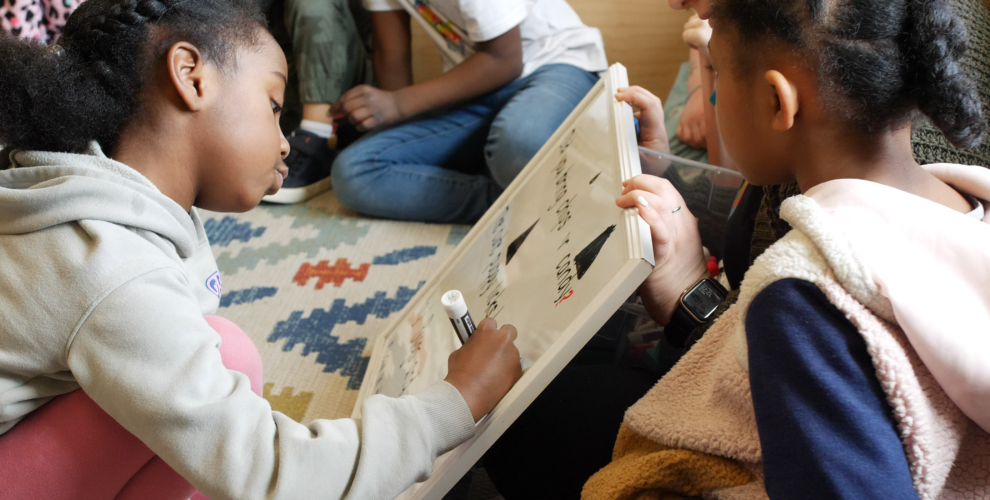A child’s main job is to play and learn. According to the American Occupational Therapy Association (AOTA), occupational therapy helps children fully participate in daily activities or “occupations.” Occupational therapists evaluate and treat the physical well-being, psychological, social and environmental factors that may hinder a child’s ability to function. Occupational therapy works to improve development and performance to help children become more independent in the areas of school, play, social situations and self care. Occupational Therapists provide services for children in a variety of settings, including early intervention programs, homes and community settings, rehabilitation clinics, hospitals, schools, childcare programs, head start programs, preschool programs and private practices.
Children with the following conditions may benefit from Occupational Therapy:
- Premature birth
- Low birth weight
- Birth defects or injuries
- Chromosomal or genetic disorders
- Developmental delays
- Neurological disorders
- Traumatic brain injury or spinal cord injury
- Cerebral palsy
- Orthopedic injuries
- Prenatal exposure to drugs and/or alcohol
- Post-surgical conditions
- Burns
- Sensory processing disorders
- Learning problems
- Autism or pervasive developmental disorders
- Mental health/behavioral problems
Occupational therapists use play activities to address:
- Posture control, core strength and balance – to develop the muscle strength and hands and body control necessary to play with peers
- Fine and gross motor skills – so children can grasp and release toys and develop movement patterns to explore their environment
- Processing the senses – the effective processing and use of information from all the senses to successfully function in the environment
- Daily living skills – to maximize independence with basic self-care skills, such as bathing, eating, dressing, and hygiene tasks
- Attention span and arousal level – so children are ready to learn and interact with their environment
- Visual and perception skills – to detect the similarities and differences between objects in the environment to successfully complete puzzles, string beads, etc.
- Enhancing self-esteem – provide a sense of self-worth and emotional security to improve function
- The skills necessary for success in school – handwriting, eye-hand coordination, auditory processing and listening
- The need for specialized adaptive equipment – to help find devices that make difficult things easier to do, such as a wheelchair.
Pediatric occupational therapists also educate parents and caregivers. As part of the team, therapists collaborate with parents/caregivers on strategies to promote development and learning. They work as a team to solve problems in a child’s routine and discover more efficient and effective ways to complete functional tasks.
Things which may indicate the need for occupational therapy intervention include:
- Weak hands and the inability to complete fine motor tasks due to fatigue
- Difficulty learning gross motor tasks
- Too much or too little sensitivity to environmental stimuli, such as noise, touch and movement
- Difficulty with handwriting and pushing too hard on the pencil
- Difficulty with getting dressed or using the toilet by themselves
- Difficulty synchronizing both eyes together for accurate vision
If you think your child might benefit from occupational therapy, discuss your concerns with your pediatrician or family doctor. Additionally, contact your local birth-to-three program, private therapy provider or school district to assist in obtaining help for your child.
Ann Becker is the Administrator of Health Programs at Penfield Children’s Center and oversees operation of the Therapy Department, Special Care Nursery, Behavior Clinic and Special Education Department.
AOTA. The American Occupational Therapy Association, Inc. <http://www.aota.org/>
“Occupational Therapy.” KidsHealth. 10 July 2010. Nemours. 26 April 2013. <http://kidshealth.org/parent/system/ill/occupational_therapy.html
>



Leave a Reply